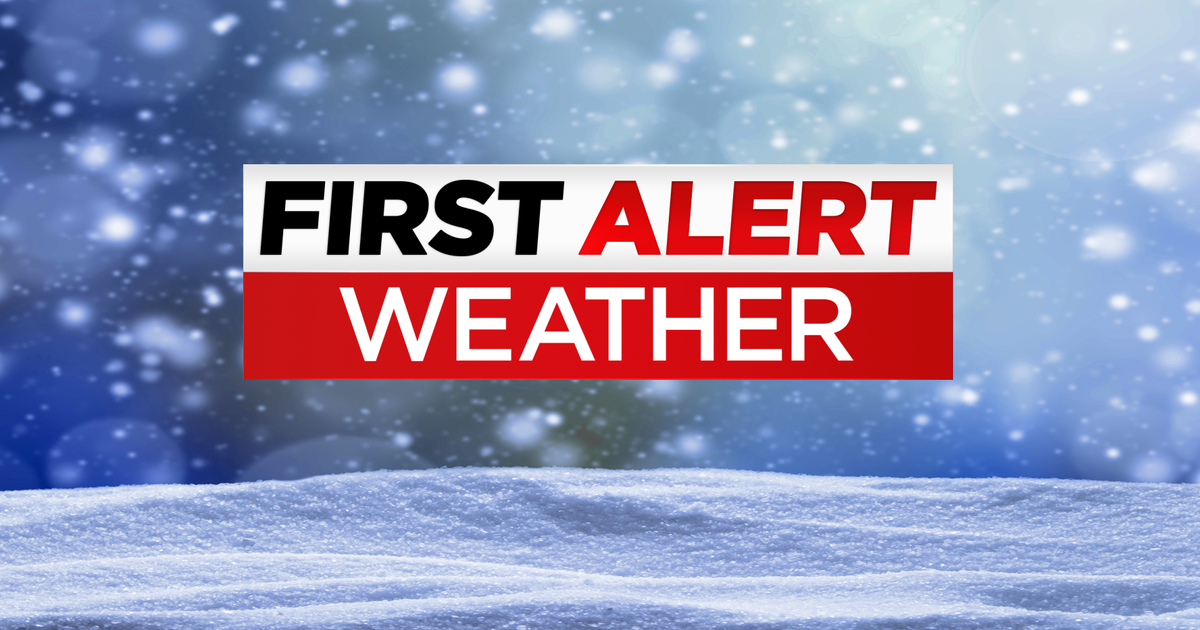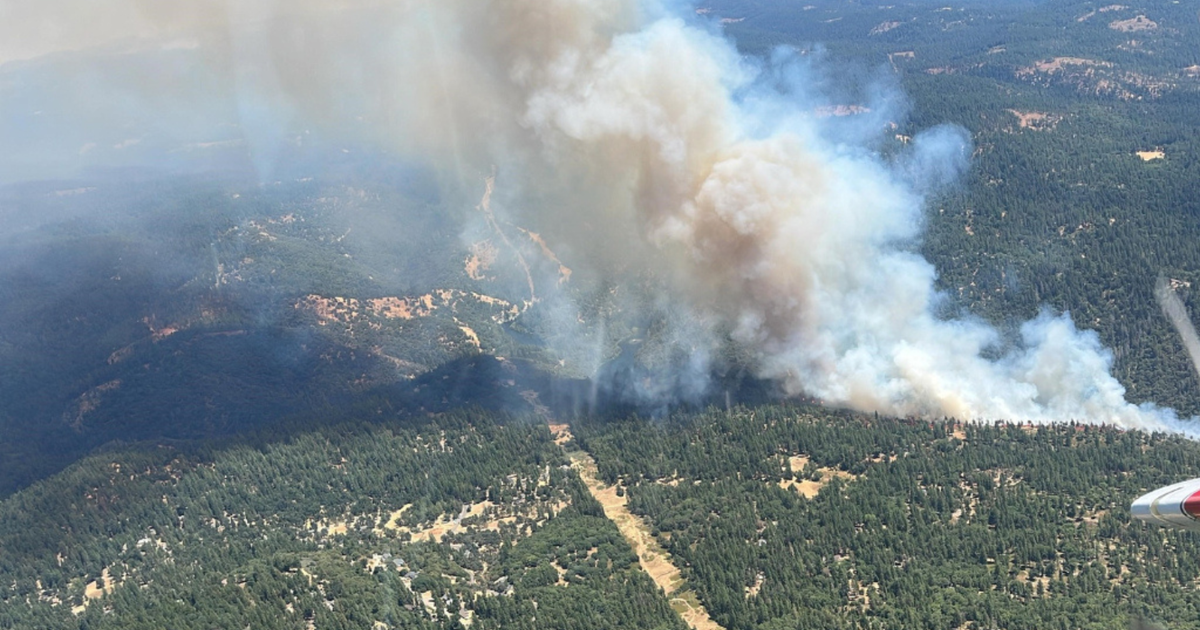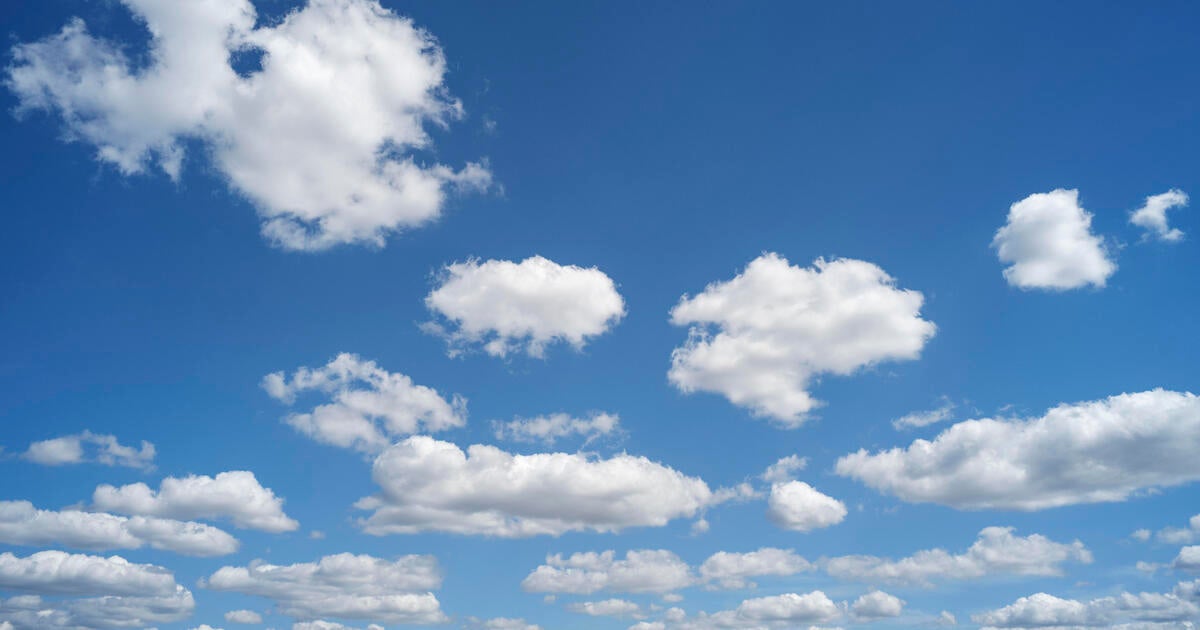Wildfire smoke blankets upper Midwest, forecast to head east
The smoke from Canadian wildfires is continuing to impact the United States as parts of the Midwest grapple with historic air quality index, or AQI, readings.
In Minnesota's Twin Cities, the AQI was the worst it had been since the Minnesota Pollution Control Agency began keeping records in 1980. On Wednesday, the area had the worst air quality in the country, CBS Minnesota reported.
The state agency said on Twitter Wednesday night that the AQI for the 24-hour period would be about 175, which is considered unhealthy for the general public. AQI runs on a scale of 0 to 500, with anything below 50 considered "good."
Northern and central Minnesota remain under air quality alerts until Friday morning; the rest of the state is under a similar warning until Thursday evening, according to CBS Minnesota.
Much of the country has dealt with air quality issues in recent weeks as smoke from Canadian wildfires swirls through the atmosphere. Earlier in June, parts of the East Coast, including New York City, saw sky-high AQI readings in the 400s. Numbers that high are considered hazardous, and people were advised to stay indoors as much as possible and wear high-quality masks for any necessary outdoor activity.
It's possible that the East Coast will have air quality issues again in the coming days, the Weather Channel reported on Thursday.
"What's going to happen over the next few days is we're going to start to see a shift in the pattern that's going to bring the smoke a little bit farther toward the east," said Weather Channel meteorologist Ari Sarsalari. The smoke will travel over the Great Lakes, he said, before reaching the coast, especially in the North Atlantic region, likely on Friday into Saturday.
It's not clear how severe the impact will be, he said, but there will likely be noticeable air quality issues, especially for people who have respiratory problems.
"Now, how thick is the smoke going to be? It's a little bit tough to tell," Sarsalari said. "But I can say for sure New York City's not going to look like Mars, like it did not long ago, at least on that one day."



